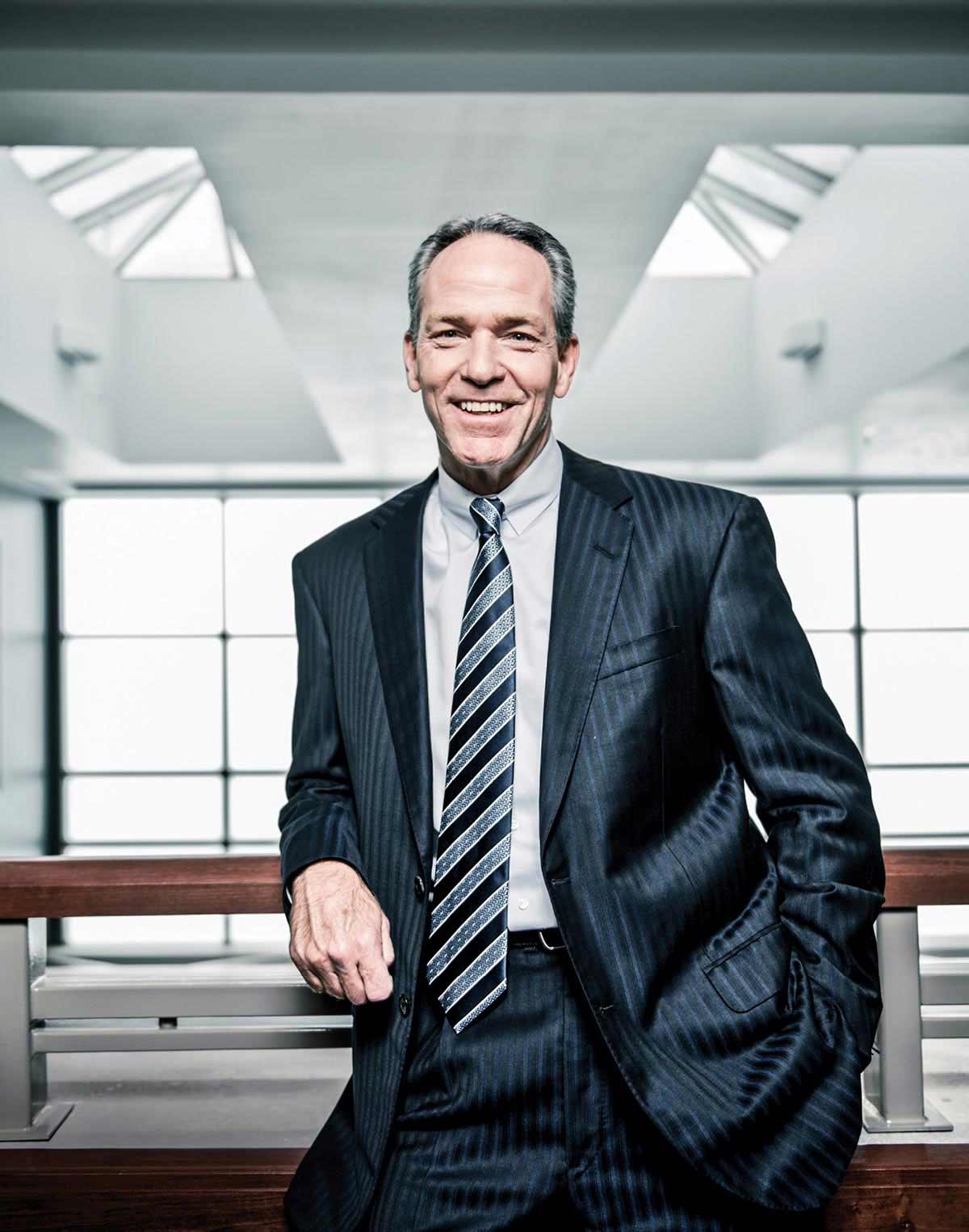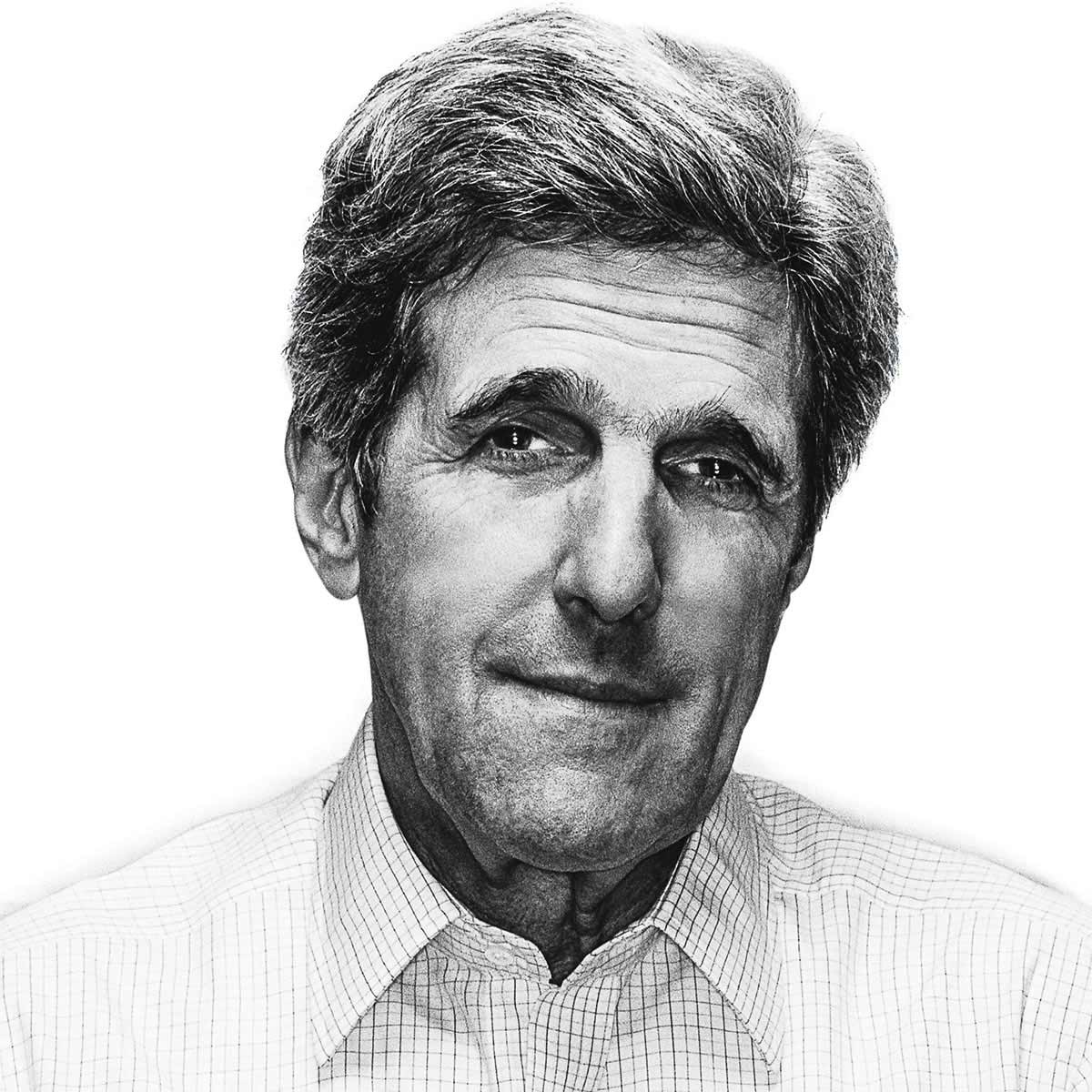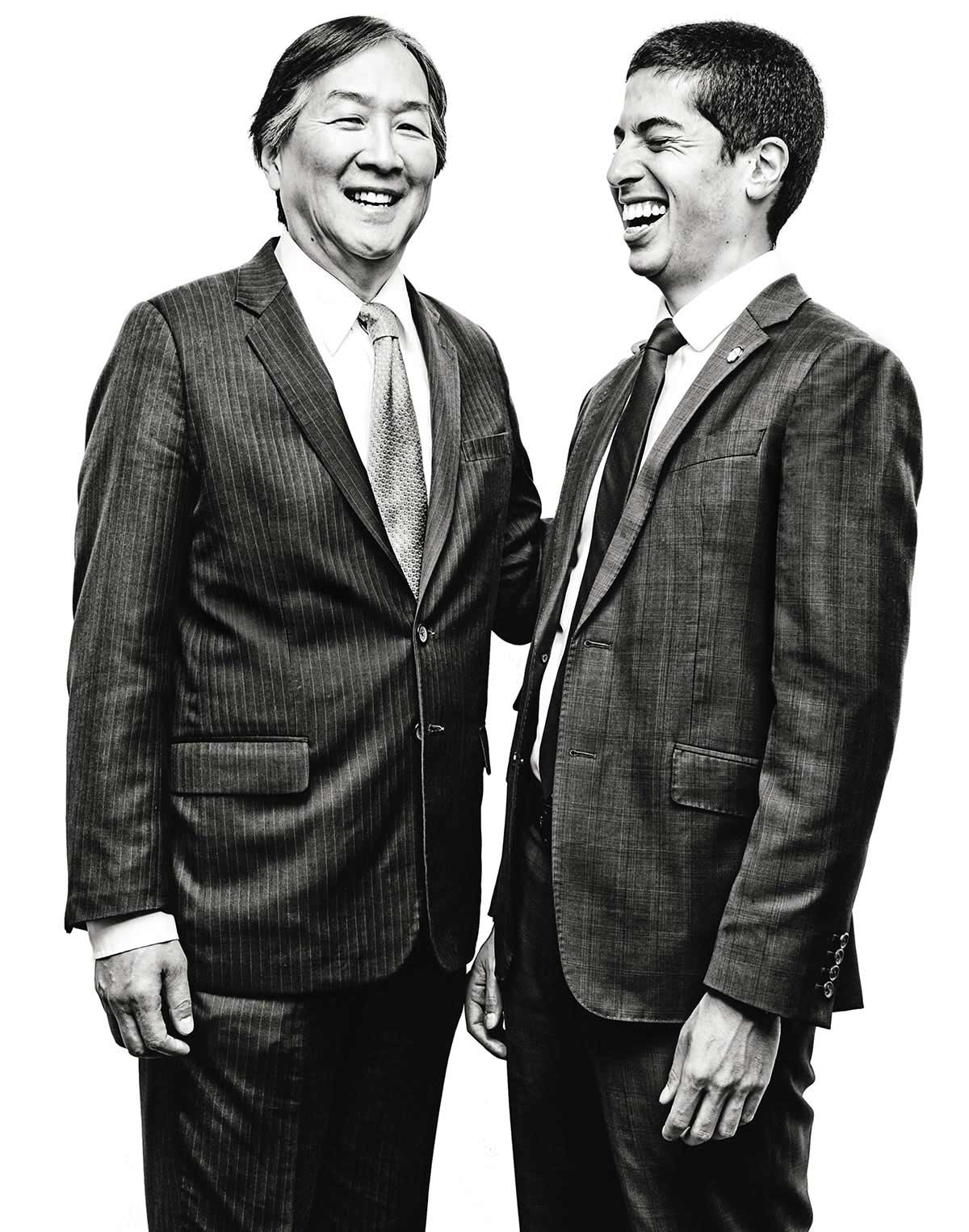Power 2016: Family Ties

Just call it sibling rivalry: John Fish once butted heads with his brother, Ted, over their family’s twin construction companies. / Photograph by Webb Chappell
—Construction—
The Fishes
Suffolk Construction
At 22, John Fish inherited half of a legacy—the shaky-legged, short-ended half—when he took over the newly founded Suffolk Construction from his father. Meanwhile, his brother, Ted, maintained control of Peabody Construction, the family’s long-standing crown jewel. Two brothers, two construction companies, one city: What could go wrong? After competing fiercely for years, John built his business into a $2.7 billion juggernaut, and has an estimated personal wealth of $425 million. As for Ted, the competition forced him to sell his family’s fourth-generation company, but the brothers have long since hugged it out and today share a greater respect for the importance of family.
MORE: John Fish on Mixing Family and Business

John Kerry, Secretary of State, United States Department of State The onetime presidential candidate is a member of the legendary Forbes dynasty. / Christian Weber/Trunk Archive
—Financial Services—
The Forbes Family
J. M. Forbes & Co.
They run one of Boston’s oldest money-management-and-trustee-services firms. They own most of the Elizabeth Islands, off Martha’s Vineyard. Their lineage intertwines with Ralph Waldo Emerson’s. Their prosperous heritage in the America–China trade is immortalized in a namesake Milton museum. They’ve invested in everything from America’s first railroad system to Alexander Graham Bell’s telephone. And, yes, they call U.S. Secretary of State John Forbes Kerry one of their own (not to mention musicians China Forbes, of Pink Martini, and Ed Droste, of Grizzly Bear). Despite its many branches, the Forbes family tree remains as strong as oak and mindful of its stewardship role in the legacies it has created.
—Real Estate Development—
The Guscotts
Long Bay Management Co.
After decades of disrepair, Dudley Square is poised for a renaissance. That comes as no surprise to Long Bay Management’s Kenneth and Cecil Guscott. The brothers, both in their nineties, began snapping up property in Roxbury during the 1970s, hoping the city would eventually make good on its promises to revitalize the area. Together with Ken’s daughter, Lisa, now president and CEO of Long Bay, they’re hashing out a plan to bring the first mixed-use middle-income residential tower to the neighborhood. On the heels of the historical Ferdinand Building’s renovation—now known as the Bolling Municipal Building, it houses Boston Public Schools, as well as retailers and restaurants—the project will help transform the neighborhood, Lisa says. She credits her family’s success to her Jamaican-immigrant grandmother, Rubina, a well-known black activist. “If you don’t know where you’ve been, you don’t know where you’re going,” Lisa says. “I stand on my dad’s and uncle’s shoulders when I do what I do today.”
—Financial Services—
The Johnsons
Fidelity Investments
If you’ve strolled through the Museum of Fine Arts or the Peabody Essex Museum, consider yourself a beneficiary of the Johnsons, the family that founded Fidelity Investments in 1946. Its patriarch, 85-year-old Fidelity chairman Edward “Ned” Johnson III, has amassed a personal art collection worth upward of $260 million. And he shares it with the rest of us through the Brookfield Arts Foundation, which he founded in 1999 to acquire world-renowned artwork and loan it to cultural institutions around town. Long before daughter Abigail—who, with a net worth of some $15 billion, is the richest person in Boston and the 19th-most-powerful woman in the world, according to Forbes—took over her father’s post as CEO in 2014, she worked summers at Fidelity during college. Abby later joined the firm as an analyst after earning a Harvard MBA and a degree in—what else?—art history.
—Real Estate Development—
The Karps
New England Development
Early on, it was clear that Douglass Karp inherited his entrepreneurial streak from his father, New England Development founder Stephen Karp. While Stephen’s claim to fame was building such sites as the CambridgeSide Galleria, Douglass wanted a piece of the action inside the malls. So in 1992—while he was still in high school—Douglass cofounded the athletic-hat company Lids with the son of his father’s business partner. What began as a vending cart inside a Chestnut Hill mall grew to more than 1,000 retail stores across North America, which was enough to draw an offer from his father to join New England Development in 1999. As Douglass climbed the ranks from project manager to president of the company, the father-son duo continued to unveil upscale retail, hospitality, and resort properties all over Massachusetts—from the Wauwinet, in Nantucket, to the Westin Boston Waterfront.
—Politics—
The Kennedys
Public Service
The family that needs no introduction is still doing what it does best: serving the people—and giving them something to talk about. With the exception of a two-year gap from 2011 to 2013, there’s been a member of the Kennedy family in national public office for nearly 70 years. You can get a taste of that legacy at the Oral History Project launched this past fall at Boston’s Edward M. Kennedy Institute, established in 2009 to honor its late namesake, the third-longest-serving senator in American history. Congressman Joe Kennedy III, representing the Fourth District of Massachusetts since 2013, is the latest in the Harvardian dynasty with Boston roots and Washington ambition.

Howard & Dan Koh, Public Service Dan Koh (right), Mayor Marty Walsh’s chief of staff, learned everything he knows about public service from his dad, Howard, who served in the Obama administration. / Photograph by Webb Chappell
—Politics—
The Kohs
Public Service
Dan Koh, Mayor Marty Walsh’s chief of staff, remembers lively dinner-table conversations while he was growing up about the spirit of public service—“a whole upbringing of lessons,” as he calls them, that helped steer his career in politics. Those lessons came from his father, Howard Koh, who, after serving as Massachusetts’ commissioner of public health, went to work for the Obama administration as assistant secretary for health. Today, Howard is a professor at Harvard’s School of Public Health and the Kennedy School—a fitting role for a man who taught his son so much simply by example. “My father’s reputation at both the state and federal level was that he made people feel valued, and he wasn’t the kind of guy to seek the limelight or grandstand,” Dan says. “There were many lessons [he] learned along the way in the public sector; most important, how to be a leader that respects people for who they are.”
—Sports—
The Krafts
The Kraft Group
How did an investment in cardboard lead to four Super Bowl rings? In 1972, Harvard MBA Robert Kraft purchased his father-in-law’s paper-products company and built it into the Kraft Group: a multibillion-dollar empire that encompasses real estate, manufacturing, private equity—and, of course, sports, which Robert dove into after acquiring the New England Patriots in 1994. Along the way, Robert’s late wife, Myra, drew on the family’s growing fortune to support her philanthropic efforts; in total, the clan has donated more than $100 million to worthy causes such as the Boys & Girls Club of Boston, of which son Josh serves as president and CEO. Today, as chairman and CEO of the Kraft Group, Robert works alongside sons Daniel and Jonathan. The only remaining question is: How much room do the Krafts have left in their trophy case?
—Construction—
The McCourts
McCourt Construction
When Ryan McCourt got married, he and his wife did what many Boston newlyweds do: They posed for wedding photos on the Rose Kennedy Greenway. But for Ryan, this particular patch of urban greenery was more than just a picturesque setting; it was a tribute to McCourt Construction’s efforts to build that section of the park. And yet it was just one chapter in the clan’s long history here: Five generations of McCourts have been building Boston’s runways, bridges, and roads, making them the city’s oldest firm of general contractors. The trio of brothers currently at the helm (Matthew, Trevor, and Ryan) give generously, raising more than $1.5 million for multiple sclerosis and Alzheimer’s research—and they’re committed to sticking together: They even signed up for academic workshops on sibling dynamics to strengthen their leadership bond. That said, Matthew notes, “We run it as a business, not as a family.”


